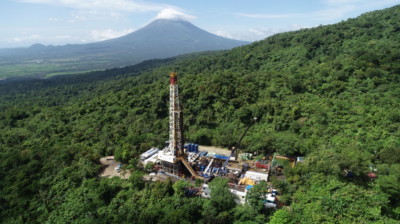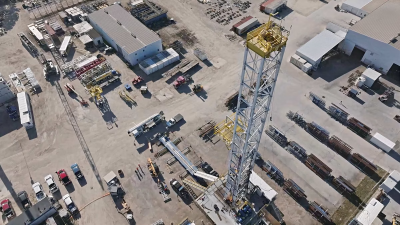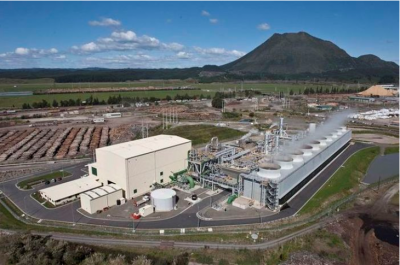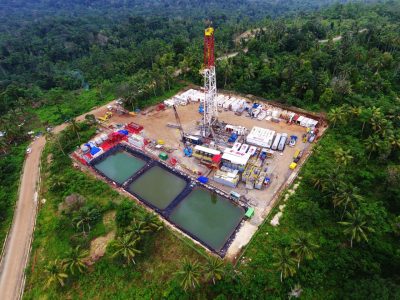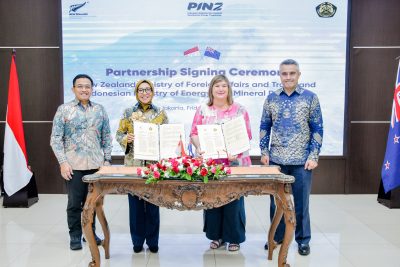Can geothermal development in Jinlun, Taiwan co-exist with tribal communities?
As geothermal development in Taiwan builds momentum, issues related to community acceptance have to be addressed early on, such as in the Jinlun region.
With at least four geothermal projects in various stages of development, the village of Jinlun has emerged as one of the rising stars for Taiwan’s geothermal sector. However, local tribal communities have not fully embraced the onset of geothermal development in this area. Thus, efforts are underway for a more fair and inclusive energy transformation in Jinlun, which can have cascading effects for other geothermal projects in Taiwan.
Located at the mouth of Jinlun River, the village of Jinlun has a well-established and thriving tourism industry. The Jinlun Wild Creek Hot Spring, located under the visually distinct Jinlun Rainbow Bridge, attracts tourists and outdoor enthusiasts all year long. It has also been a bathing place for the Paiwan people, a local tribe. Hot spring hotels are everywhere in Jinlun, and many of these are adorned with indigenous totems and decorations.
When the Quanyang geothermal power project was first proposed, the Jinlun Village Chief Chen Zhiwei noted that the villagers already had a negative attitude towards it. In 2022, groundwater levels in Jinlun rapidly dropped by almost 10 meters. Local hot spring operators ascribed this to the drilling operations that were happening at the time, although it was proven that it was caused by a shallow earthquake.
Although the dispute has ended, the negative attitude of the residents towards geothermal operators remains difficult to remedy. This is an issue that needs to be addressed, especially since the Quanyang geothermal power plant is working on a 500-kW expansion of its facilities. Upstream of the Jinlun River are also geothermal sites being developed including Huantai, Taiyi Honglun, and Jiuli.
Creating a platform for continuous dialogue with local tribes
Earlier this year, members of the tribal groups took the initiative to establish a “Geothermal Communications Platform” so that their representatives can be represented in plans and negotiations for geothermal development. The aspiration is for the tribes to sit at the same table as the developers, the National Energy Agency, and the national and city government for a peaceful and continuous dialogue
An event was held in January 2025 to provide an initial forum for this type of conversation. The “Taiwan Aboriginal Peoples and Geothermal Forum” was attended by members of the tribal groups and other stakeholders. Pastor Uduf Lebak of the Tayal National Council sang a prayer that signified that all hostility must be put aside so that all sides participate in a productive and peaceful discussion.
“Even though we are different ethnic groups, we will call each other the life community of the Jinlun River Basin,” added Chen Zhiwei, the convener of the Jinlun River Basin Alliance.
Wang Shou-chen of the Taiwan Geothermal Association further gave recommendations on how members of the community can be empowered to be part of geothermal development. He proposed that developers train the local people to become citizen scientists and participate in environmental monitoring. Thus, they will be given active roles in managing the underground resource and maintaining the existing geothermal tourism sector.
Taiwan has clearly built a healthy momentum in geothermal development, particularly with the recent signing of a 10-MW geothermal PPA with Google for power supply to their data centers. It is prudent for the national geothermal sector to avoid and address pitfalls like lack of community acceptance for geothermal projects so that the momentum may continue, and such issues do not become magnified in future projects.
Source: Yahoo Taiwan














